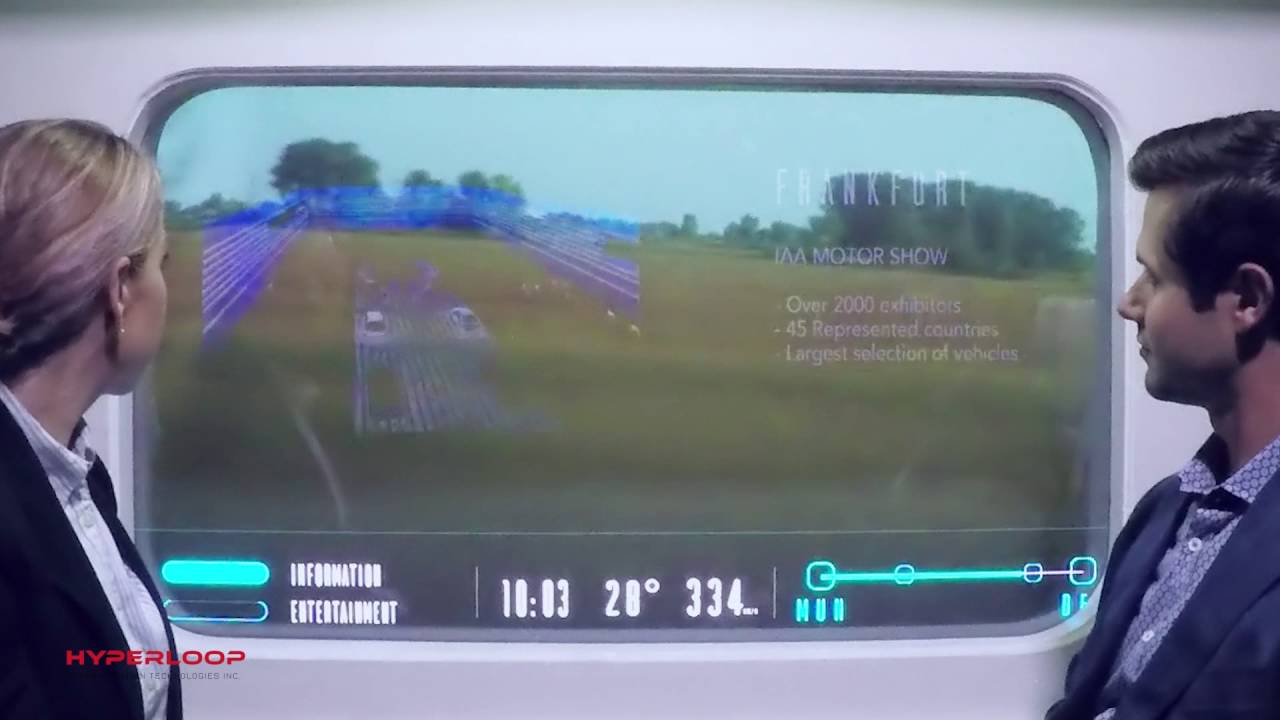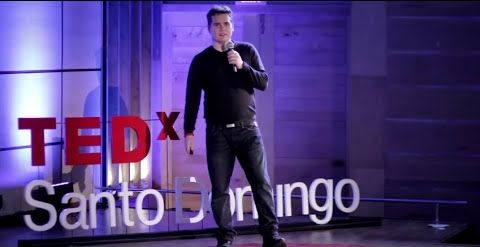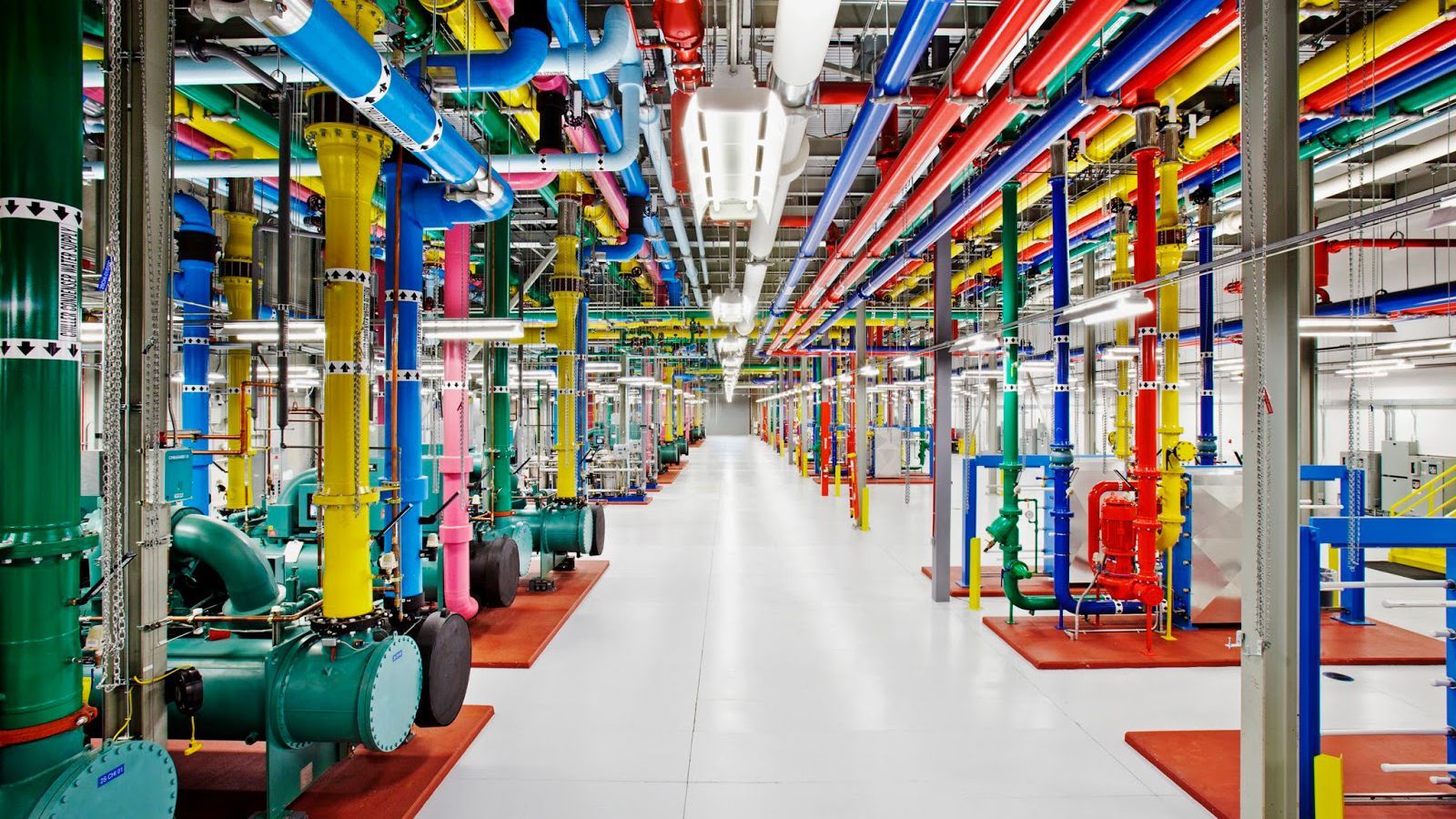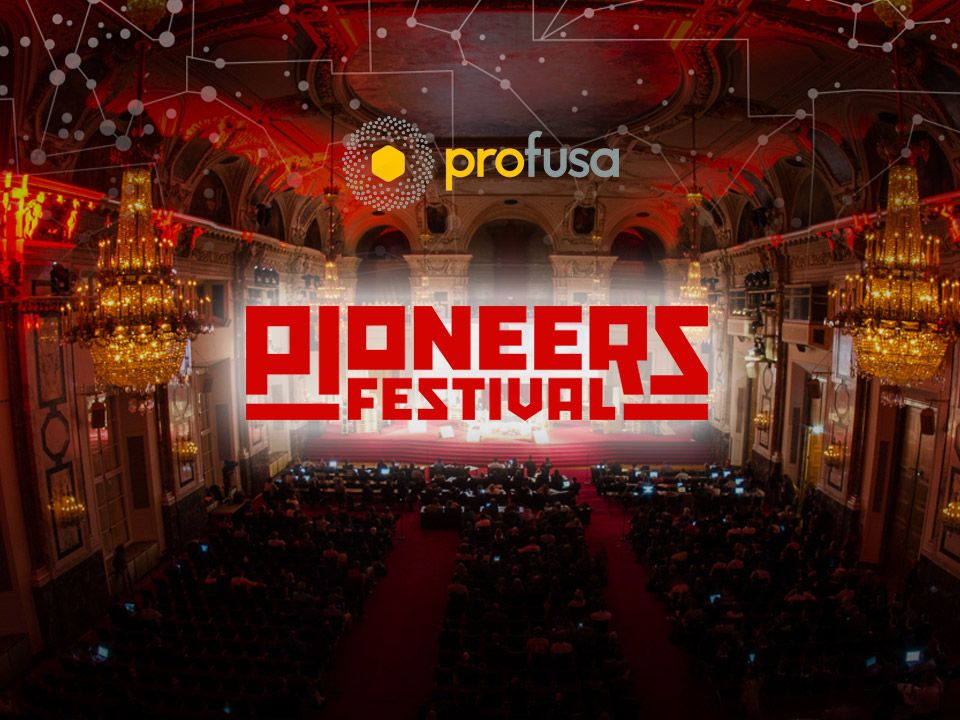“Building the world’s largest factory to accelerate a sustainable energy future.”

Hyperloop Transportation Technologies (HTT) announced today that it will build an “innovation train” for Germany’s Deutsche Bahn, the largest railway operator in Europe. The train will not be a super-fast hyperloop, in which pods are propelled through aluminum tubes at speeds of up to 760 mph, but a conventional train that includes some of the futuristic technologies the startup has been showcasing at tech conferences around the world.
As a startup that relies on crowdsourcing and volunteer engineers, the collaboration with Deutsche Bahn may allow HTT to start generating revenue while it works toward the larger goal of building passenger-ready hyperloop systems. Indeed, HTT’s CEO Dirk Ahlborn said in a statement that the partnership will help create “new monetization strategies and business models” for his company.
Some of the features that HTT hopes to build into Deutsche Bahn’s innovation train include “augmented reality windows and a digital ecosystem.” HTT is working with a Munich-based company called Re’Flekt, which specializes in virtual and augmented reality. According to designs released by HTT, interactive panels that display the time, weather, and route could be projected onto the train’s windows. Motion-capture technology could adjust the image depending on where the passenger is looking.

“An increasing number of US landowners want to build commune-style villages that are completely self-sufficient and have a low carbon footprint”

In 15 years the human specie is going to develop super human level machine intelligence.
-What it means to be Super-Human?
–The country with Artificial Intelligence will be the country on top.
David Simpson is the best-selling novelist of the Post-Human series, a Kindle All-Star and has been ranked the most popular scifi Author in America by Amazon.com. He has filmed a short proof-of-concept based on his series, is an award-winning teacher and holds a Master’s degree in literature from the University of British Columbia.
David is a full example of believing in the story in your head and getting it published. He is been part of the story-telling business since his twenties. He went out of the ‘Book Industry Professionals ways’ and took the risk of not hearing the voice of those ‘who knew’ about scifi books. Now he is living his dream of been a full time scifi author and maybe he can help us dream into the realms of a Post-Human not so far future.
This talk was given at a TEDx event using the TED conference format but independently organized by a local community.

Seagate has just released a trio of storage options, including a 10TB desktop drive, allowing users to get a massive amount of storage.
The natural drive for companies is to provide something bigger than what the competition has to offer. That’s true especially in the storage business, where making drives with higher and higher capacity is the name of the game.
Which is what drove Seagate to make this monumental beast. Say “hello” to 10 TB of hardware storage for your desktop PC. That’s right: a desktop drive with the capacity of an entire server.
Luv this.
The University of Bristol’s Quantum Technology Enterprise Centre (QTEC) is looking to recruit its first cohort of Enterprise Fellows that will be the next generation of quantum technology entrepreneurs.
Merging training in systems thinking, quantum engineering and entrepreneurship, QTEC will provide the necessary skills for budding innovators to develop their own business ideas and for them to branch out into the emerging field of quantum technologies.
The Centre, which is the first of its kind in the world, was funded as part of the UK’s £270 million investment into quantum technologies. These technologies exploit the laws of quantum mechanics to create practical and useful technologies that will outperform their classical rivals and that have the potential to transform artificial intelligence, healthcare, energy, finance, cyber security and the internet.

The team is now embarking on its most ambitious project yet, a wide-reaching virtual reality network called Project Sansar that is, in many ways, aiming to become a new layer of reality that gives individuals and businesses a space to experiment with VR environments for their first time.
I had the chance to sit down for a demo of Sansar with Linden Lab CEO Ebbe Altberg this past week and take an early look into some of the platform’s first environments.
Traversing the worlds of Sansar and chatting with my guide, Linden Lab VP of Product Bjorn Laurin, was a mostly seamless experience but still an oddly unsettling one. It’s not that anything was particularly creepy about the place I was viewing through an Oculus Rift headset. Sansar is visually placid and often beautiful, but it’s also startlingly scalable and boundless. Scale is something that’s often taken for granted in an age of video game epics like Skyrim and GTAV, but when every horizon you see through your own point-of-view is conquerable, you’re left to either feel very bold or very lost.


The role of technology within our personal and professional lives continues evolving at an exceptionally fast pace. From utility-based mobile apps and wearable devices, to the emergence of augmented and virtual reality, the digital revolution is expanding to cover every aspect of the human experience.
In an era of entrepreneurship, founders rely heavily on advancements in technology to develop cutting edge products, platforms and experiences that meet the growing demands of a global consumer base. As content remains essential to building a brand or launching a business, it’s also critical that companies have the capability to swiftly adapt in changing markets. Being able to successfully scale a business, amidst the inevitable pivots and unexpected turns, requires having access to the tools and solution-based software needed to create, modify and fix things on-demand.
For companies dependent on manpower to manage these responsibilities, efficiency becomes contingent upon talent and training, guided by sharp instincts and relentlessly working around the clock to assure tasks are not only completed effectively, but to further offset the likelihood of human error. For software developers, who have an extremely detailed and meticulous role, being such an invaluable piece to the puzzle can prove to be very risky, time-consuming and equally as expensive; especially as testing, predicting and automating becomes increasingly paramount. As companies aim to cut costs without sacrificing quality, while understanding the core function of technology is to provide streamline solutions to complex problems, what arises is the notorious battle of man versus machine, and also where a company like Dev9 steps in.

Lumee™ tissue-O2 monitoring system slated to be available this year in Europe
SOUTH SAN FRANCISCO, Calif., May 16, 2016 — Profusa, Inc. announced today that it was selected by Pioneers, the global business relationship builder, to showcase the company’s “wear-and-forget” Lumee™ biosensor technology at the Pioneers Festival held at the prestigious Hofburg Imperial Palace in Vienna, Austria, May 24th-25th.
Making health and disease monitoring as easy as turning on your smart phone, the company’s tissue-integrated sensors for long-term, continuous tracking of body chemistry will be highlighted by Ben Hwang, Profusa’s chairman and chief executive officer, in a talk entitled, “Beyond Fitness Trackers: Let Your Body Speak.”